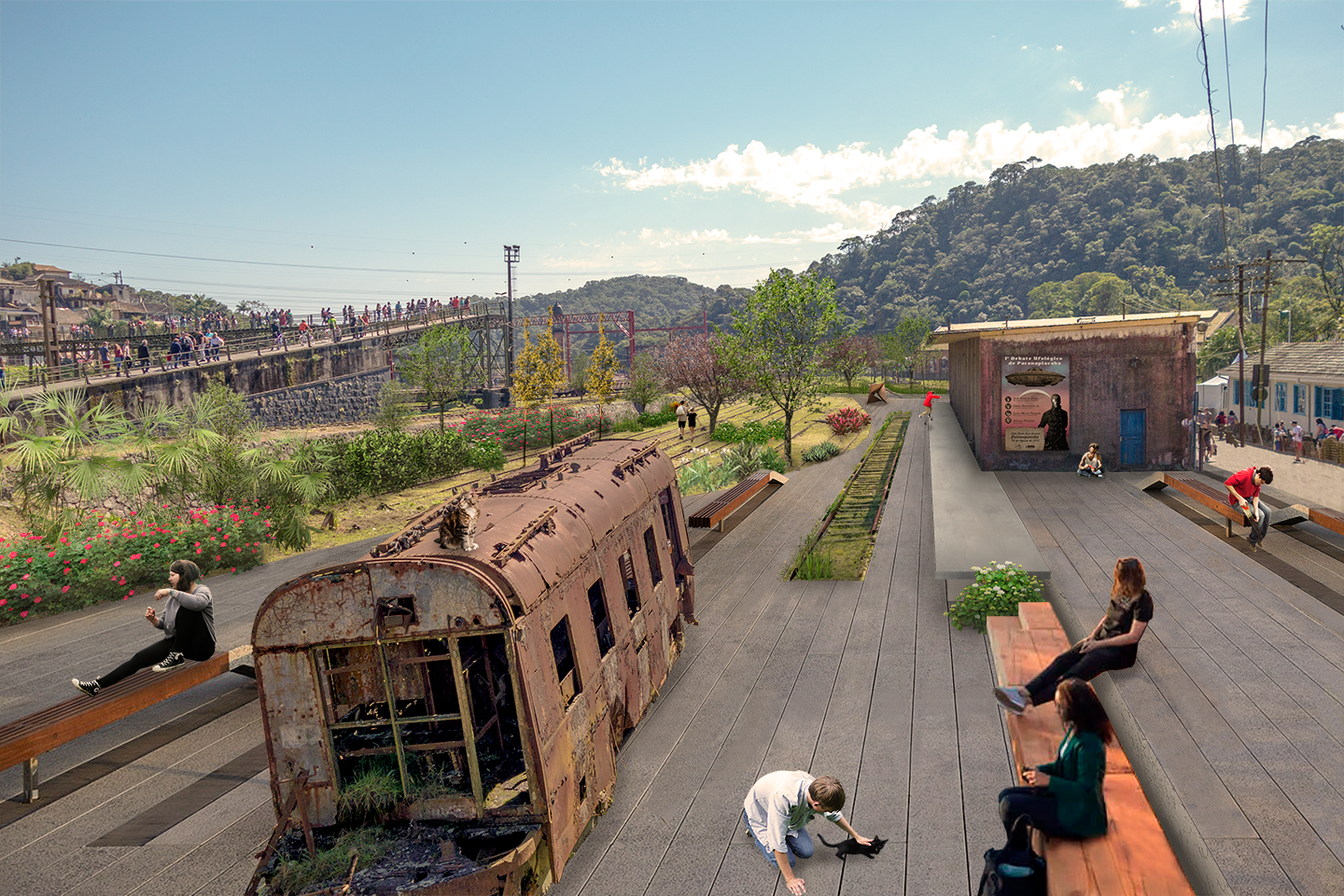
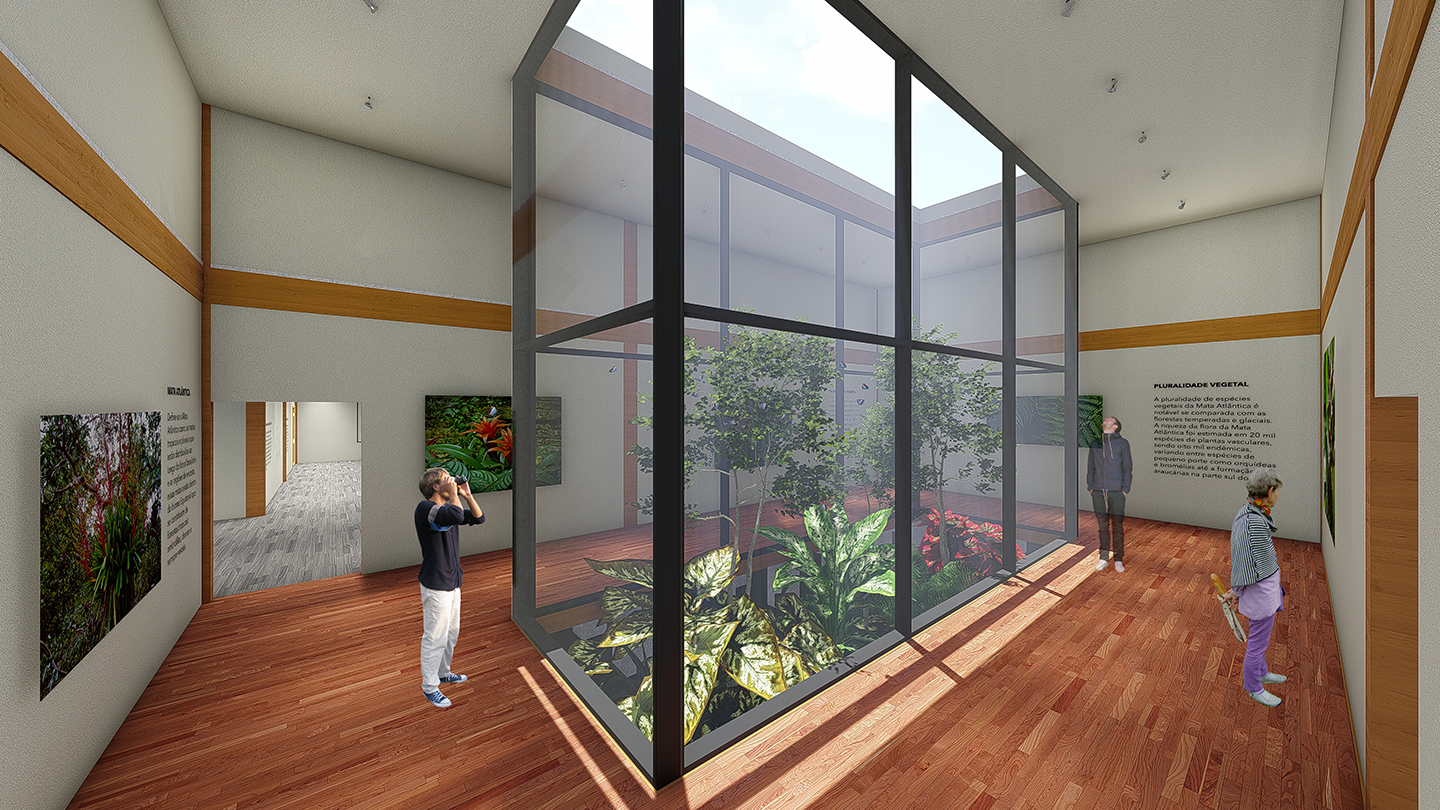
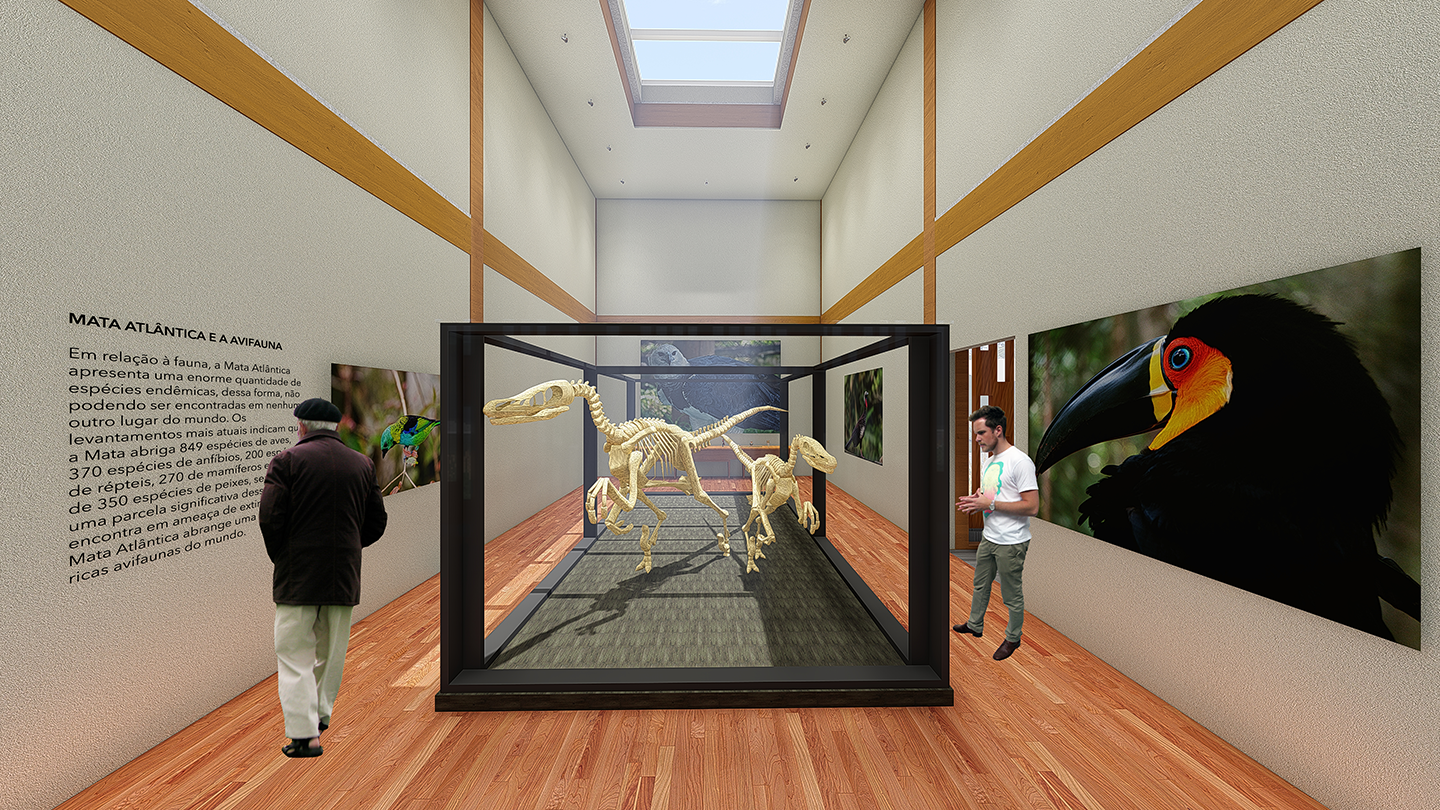
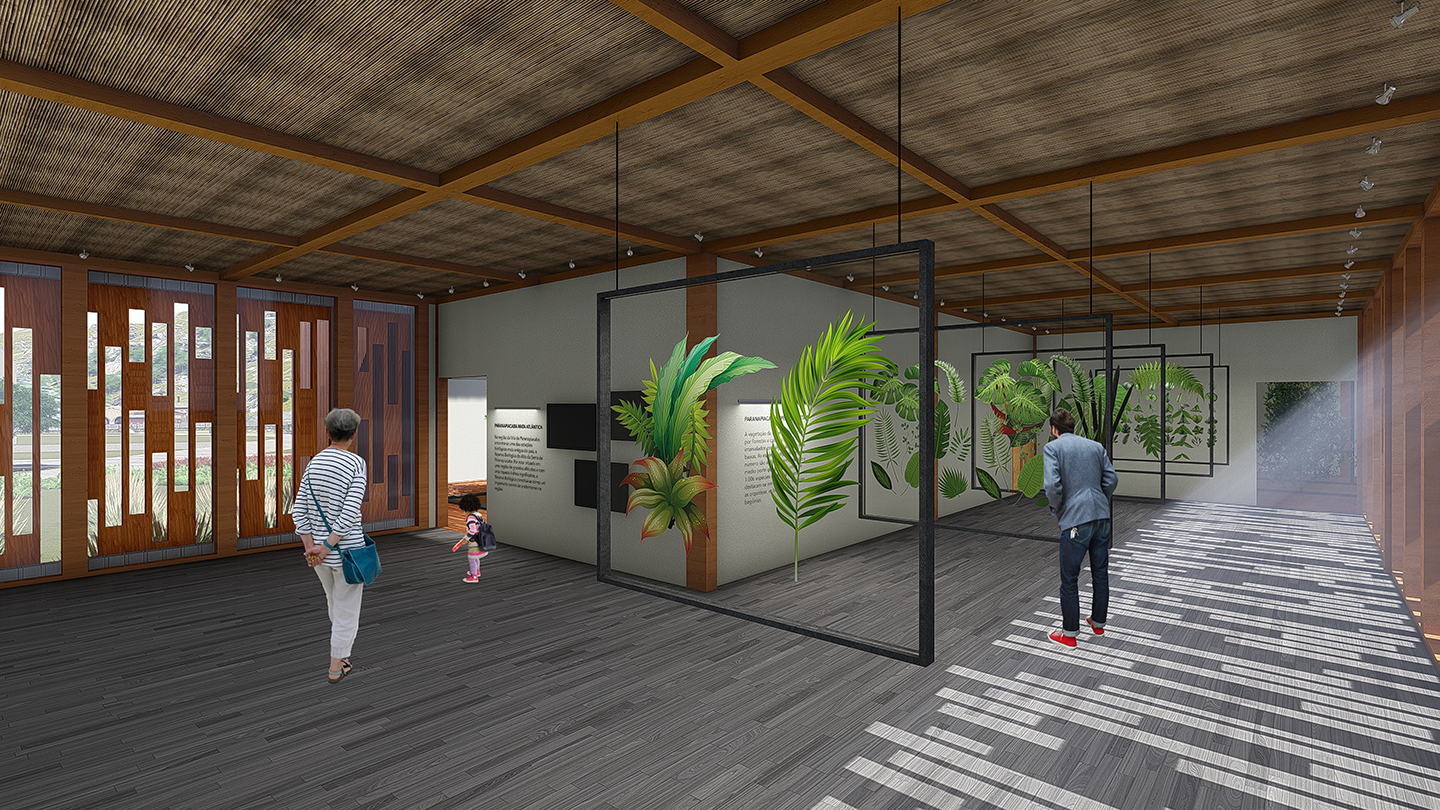
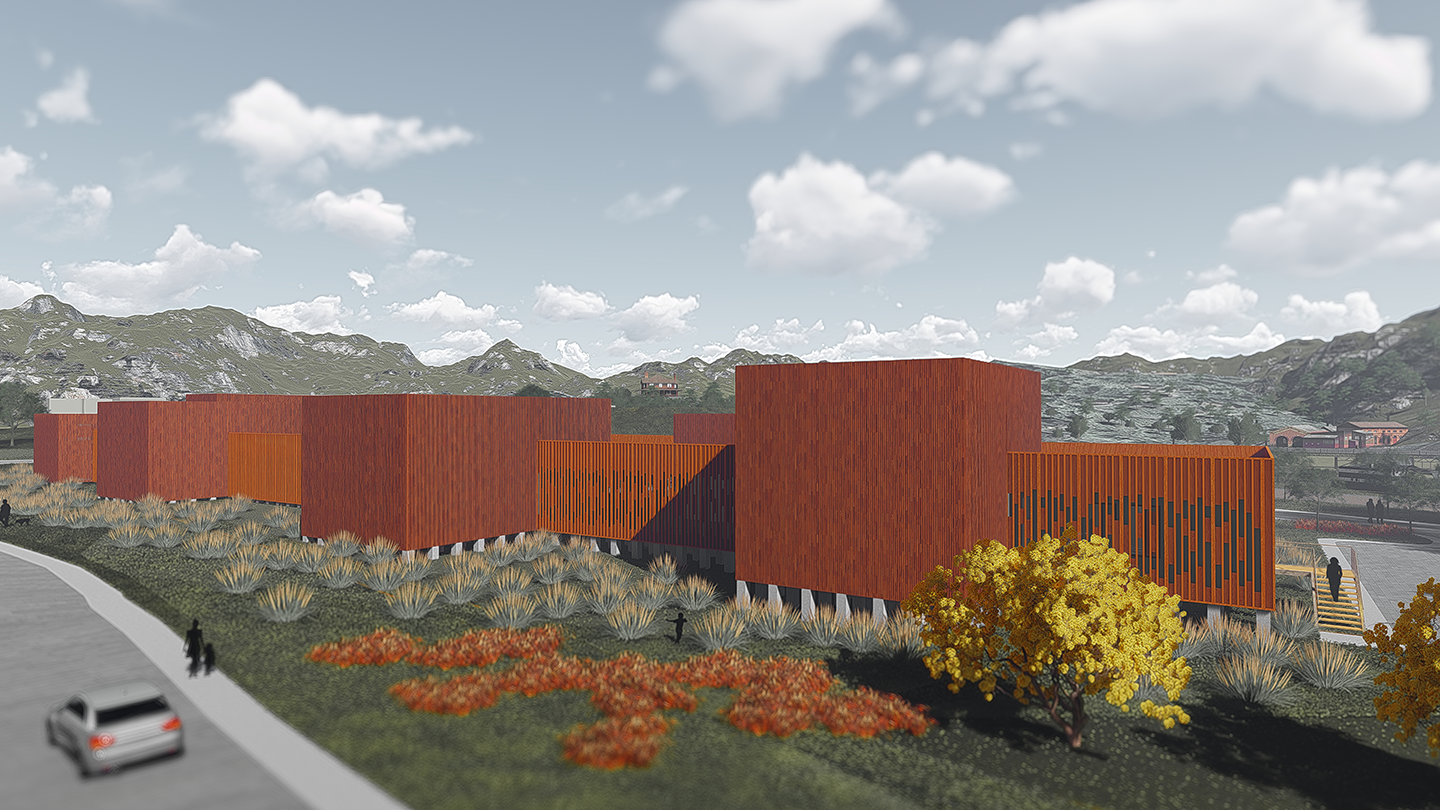
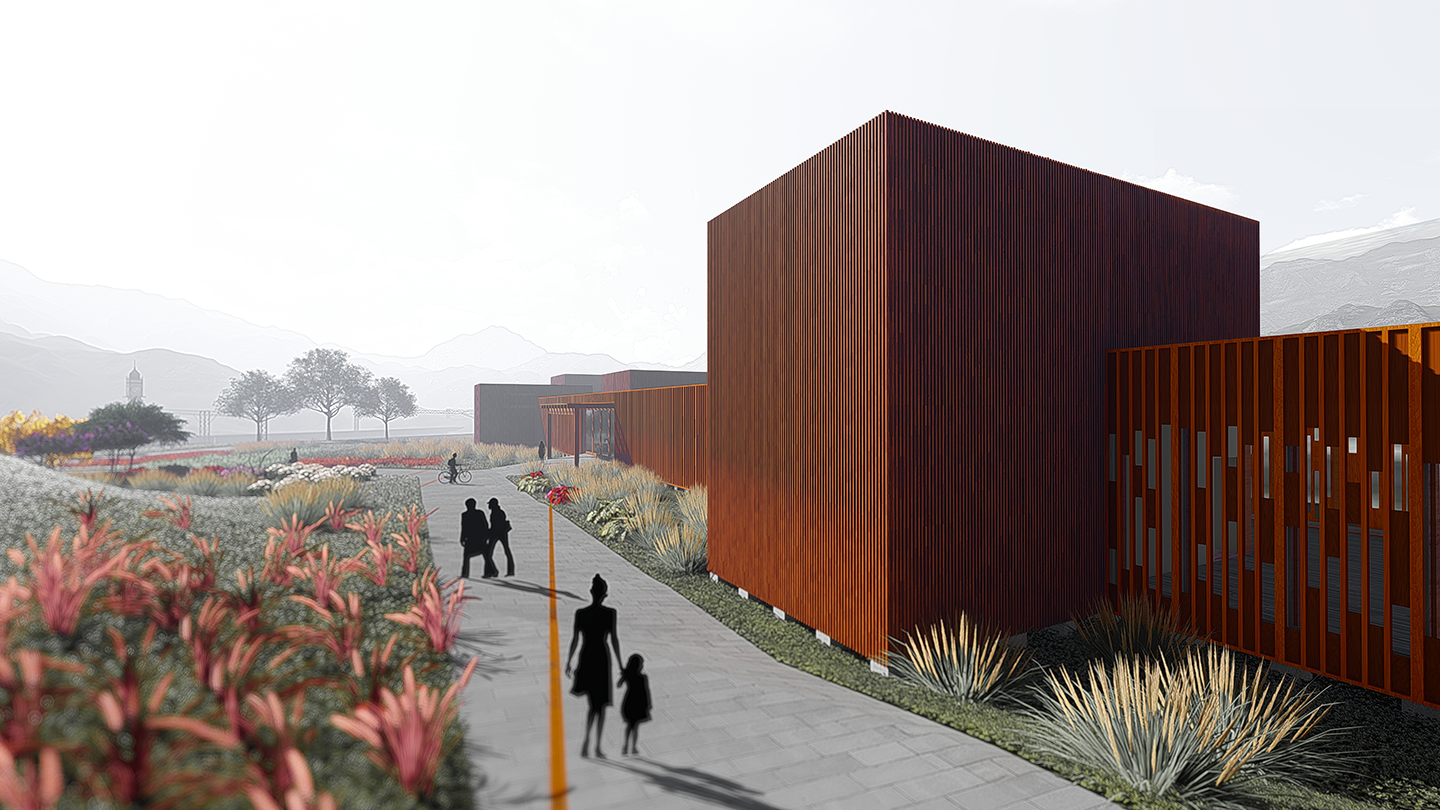
OPEN AIR MUSEUM IN PARANAPIACABA VILLAGE
Location: Paranapiacaba Village, São Paulo, Brazil
YEAR: 2018
INSTITUTION: Mackenzie University - Faculty of Architecture and Urban Planning
PROJECT TYPE: Bachelor thesis, architectural design, urban planning, research
This Bachelor thesis was a result of an urban analysis regarding the Village of Paranapiacaba. Paranapiacaba was not only the center of control and operations of the railroads in the state of São Paulo, but also the first settlement for the English employees of the São Paulo Railway Company. This Village is known for it’s importance as a historical, cultural and architectural heritage. However, since the abandonment of the railway system, the Village became degraded and deserted. The objective of this intervation is the revitalization of this territory by creating an Open Air Museum along the Village area, using several historical houses as mini museums and linking it along the Village path. Also, there is a proposal of a new Museum dedicated to the ecossystem of the “Mata Atlântica” because of its influence in the history of the Village.
YEAR: 2018
INSTITUTION: Mackenzie University - Faculty of Architecture and Urban Planning
PROJECT TYPE: Bachelor thesis, architectural design, urban planning, research
This Bachelor thesis was a result of an urban analysis regarding the Village of Paranapiacaba. Paranapiacaba was not only the center of control and operations of the railroads in the state of São Paulo, but also the first settlement for the English employees of the São Paulo Railway Company. This Village is known for it’s importance as a historical, cultural and architectural heritage. However, since the abandonment of the railway system, the Village became degraded and deserted. The objective of this intervation is the revitalization of this territory by creating an Open Air Museum along the Village area, using several historical houses as mini museums and linking it along the Village path. Also, there is a proposal of a new Museum dedicated to the ecossystem of the “Mata Atlântica” because of its influence in the history of the Village.
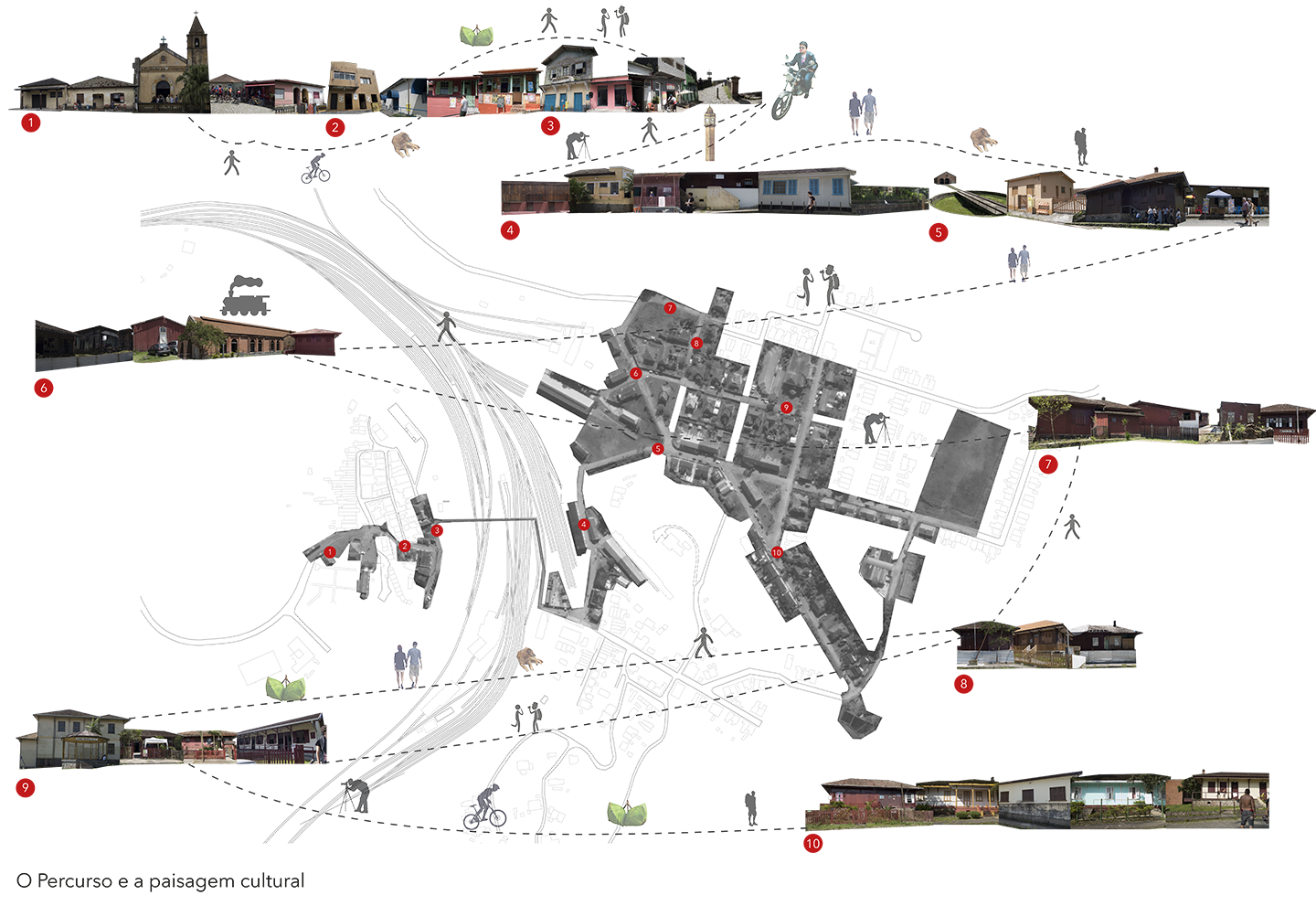
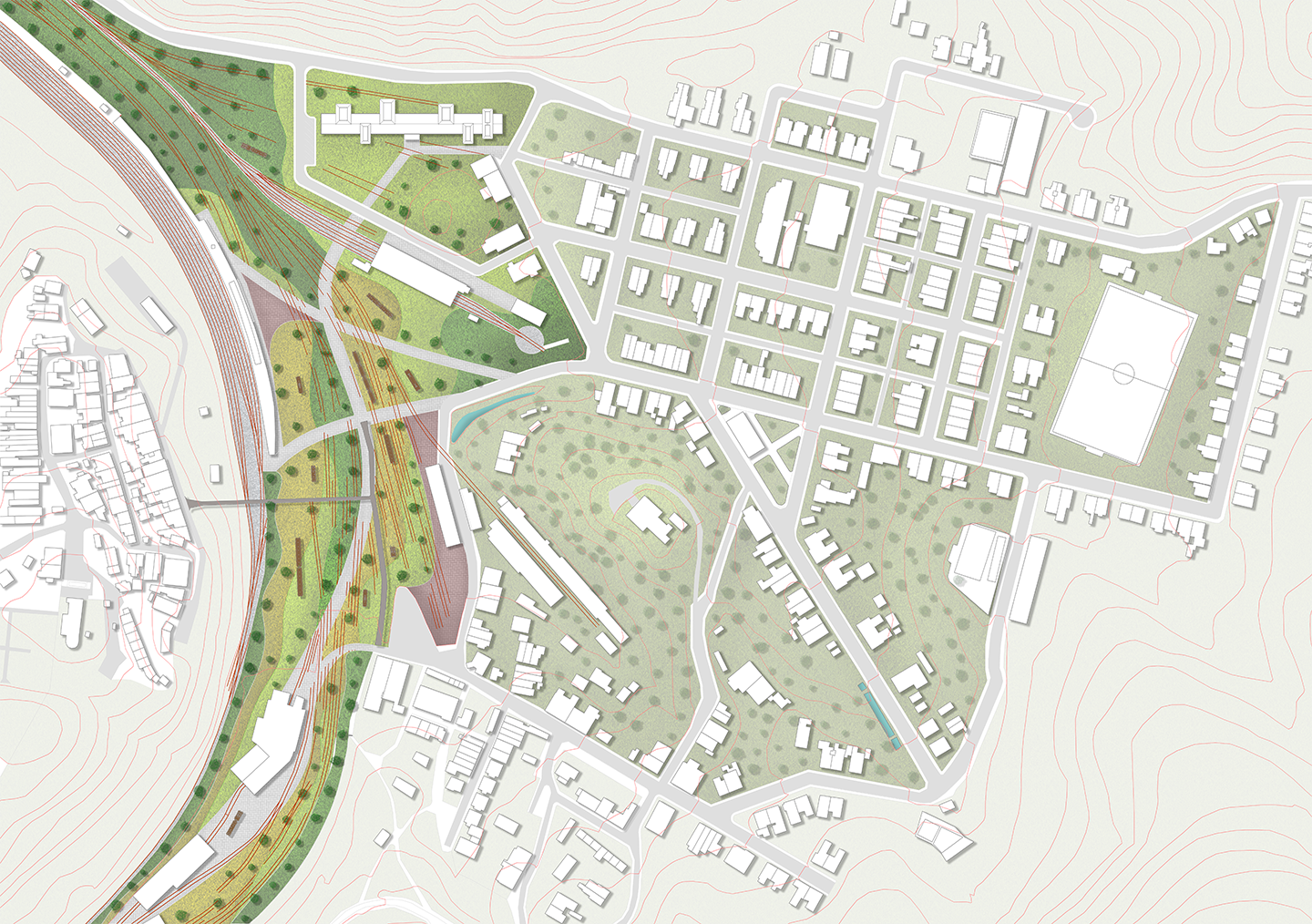
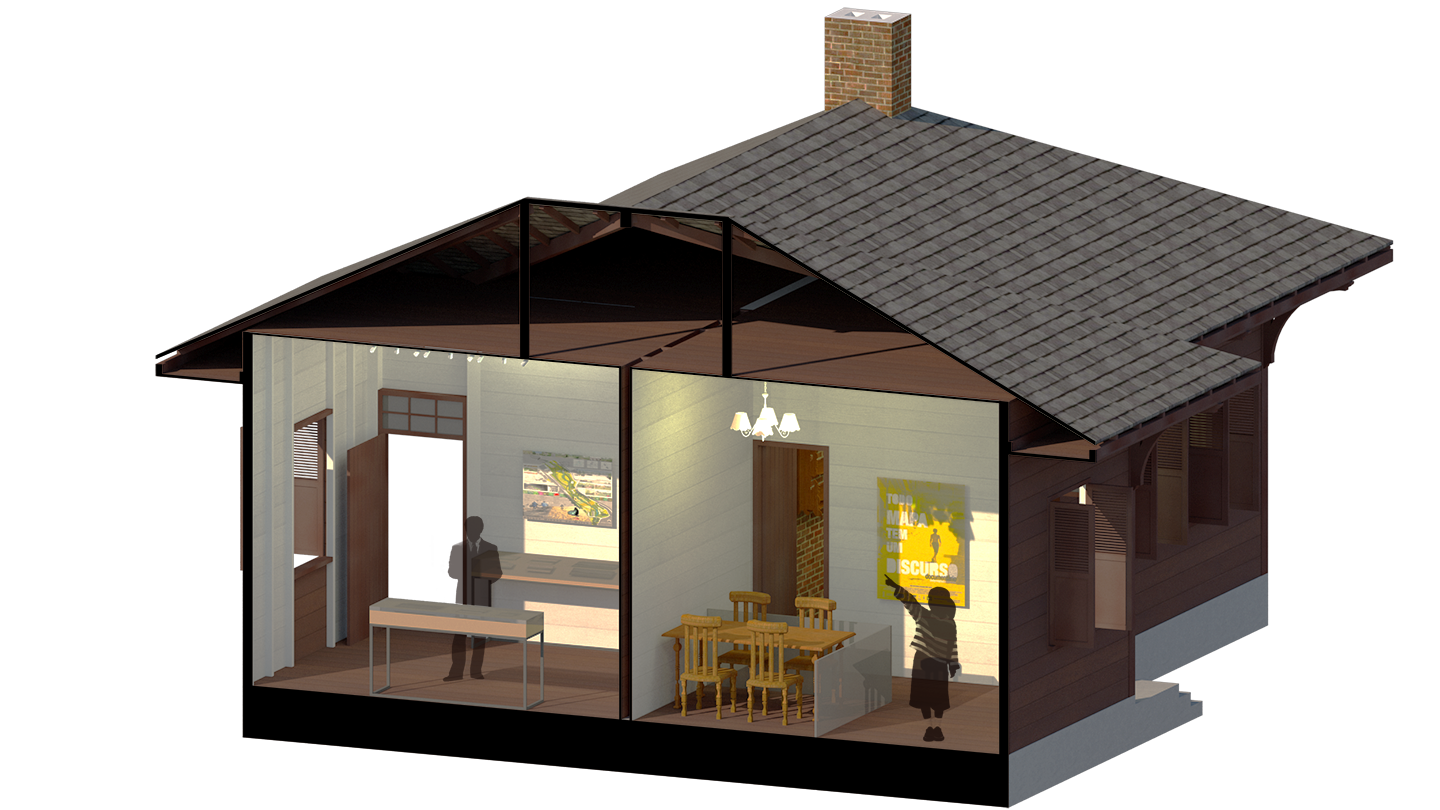
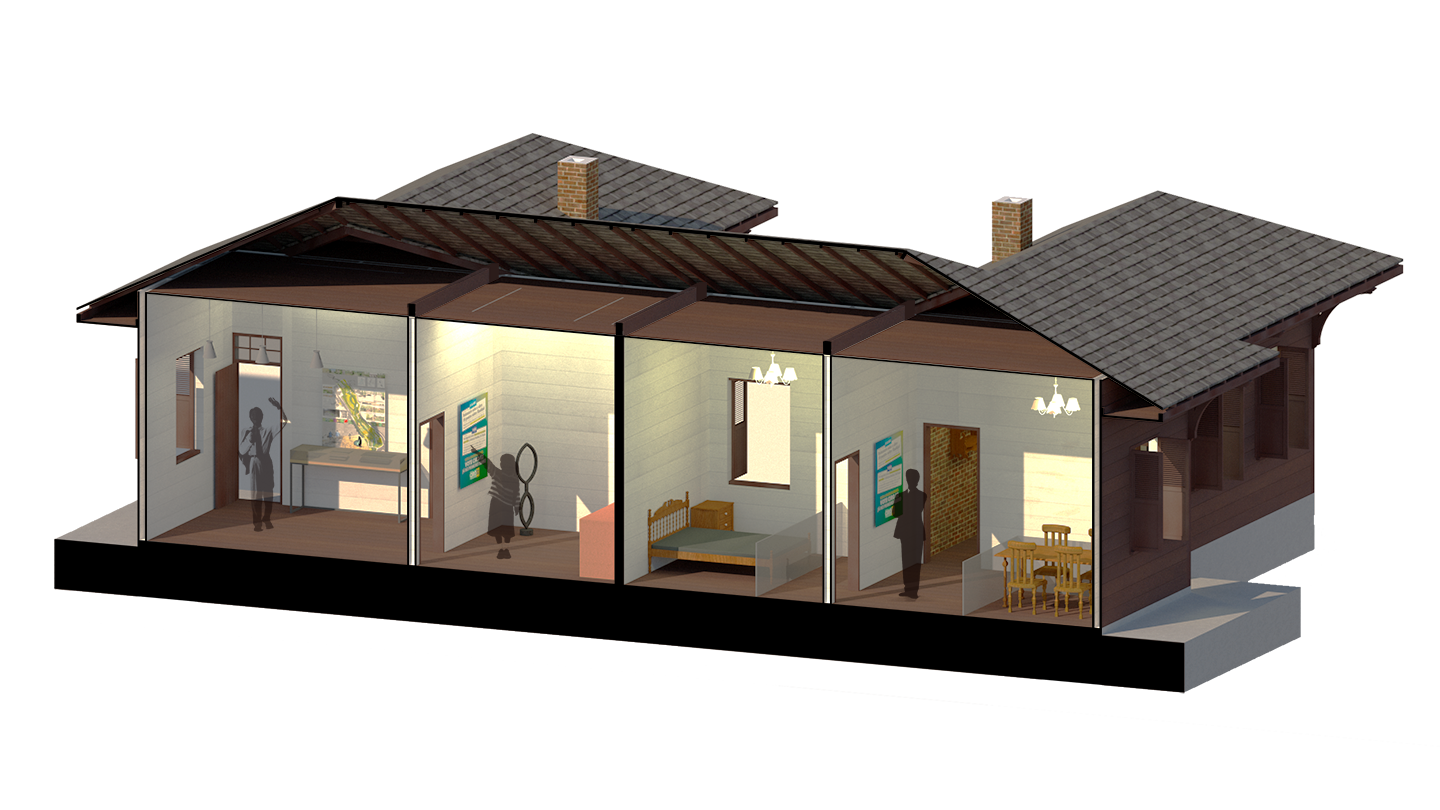
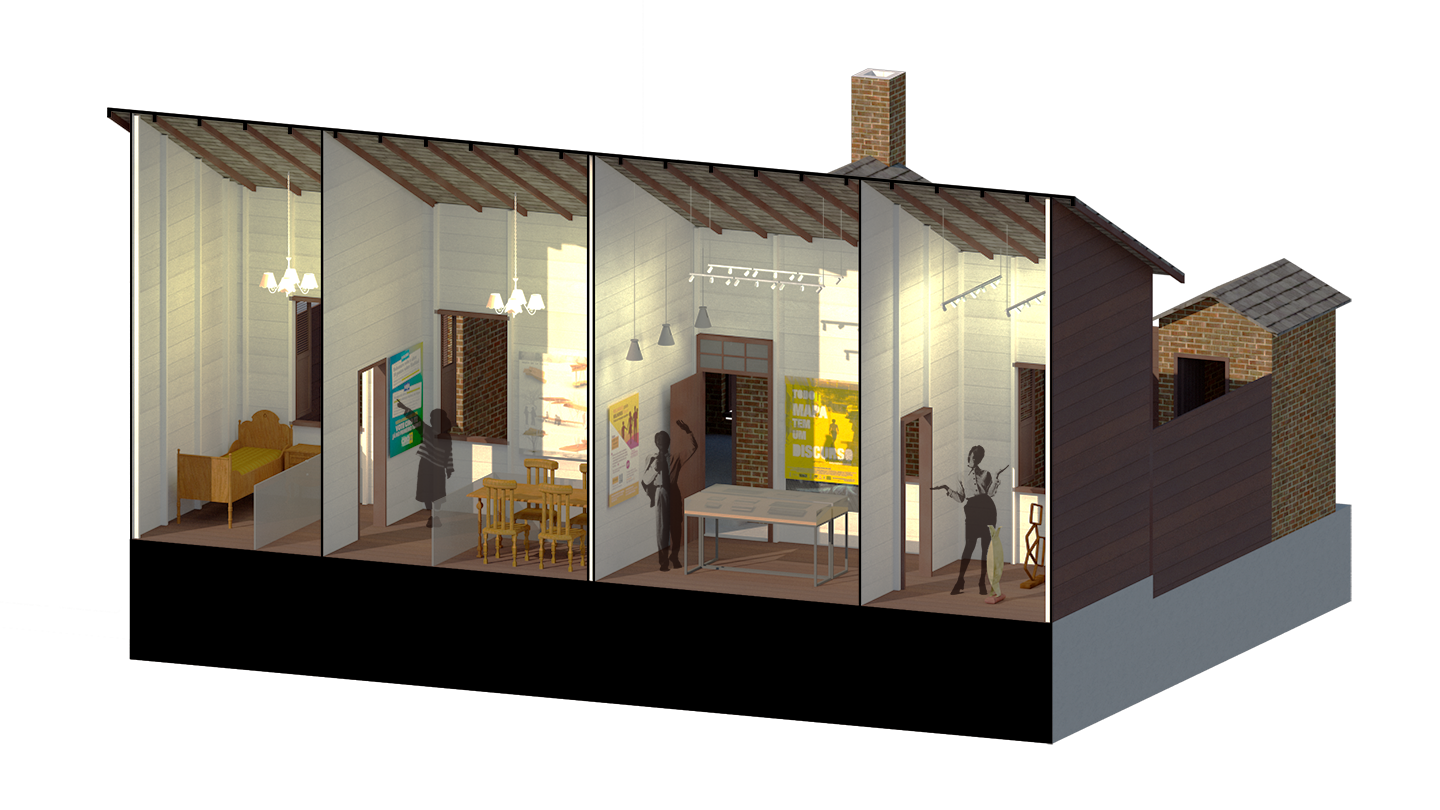
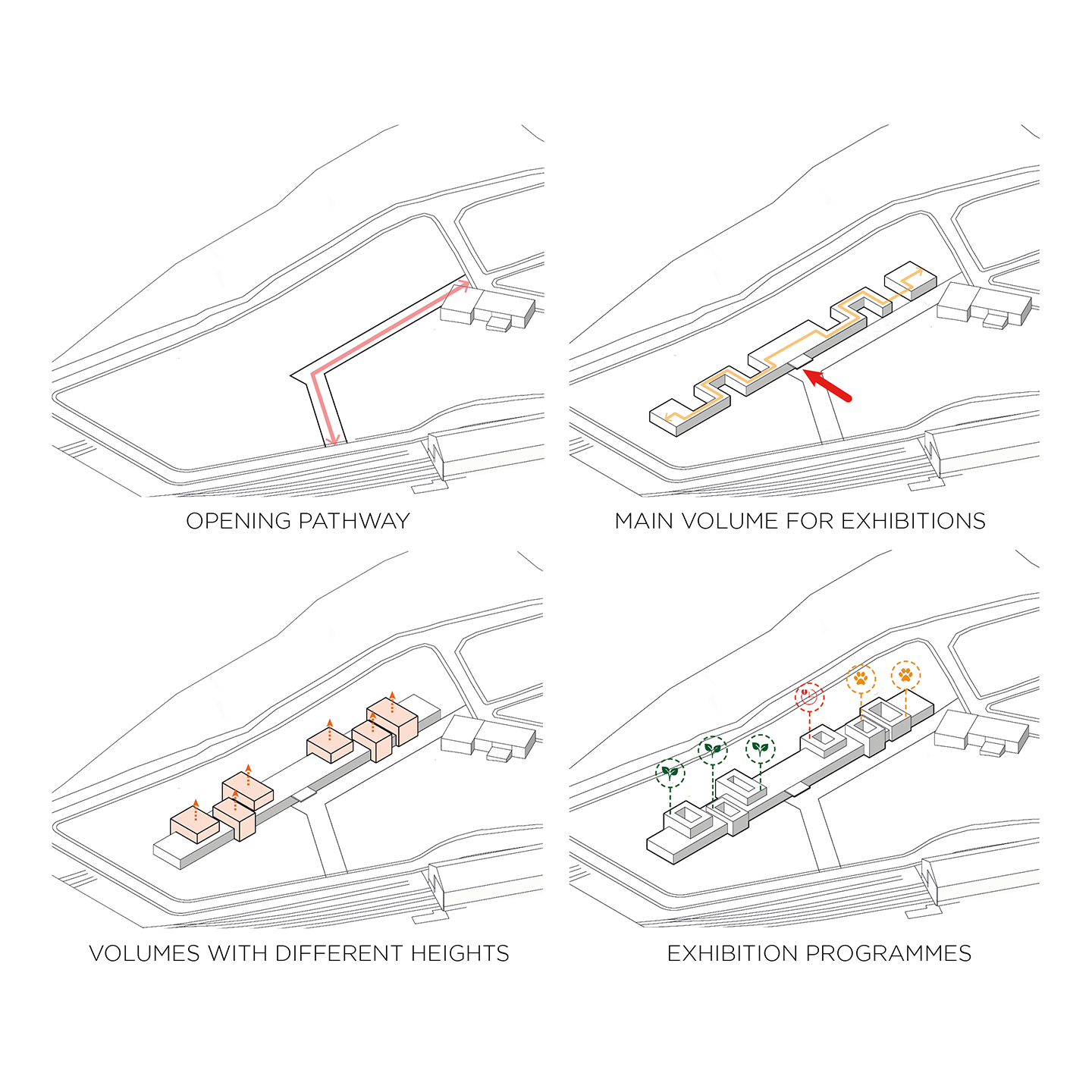
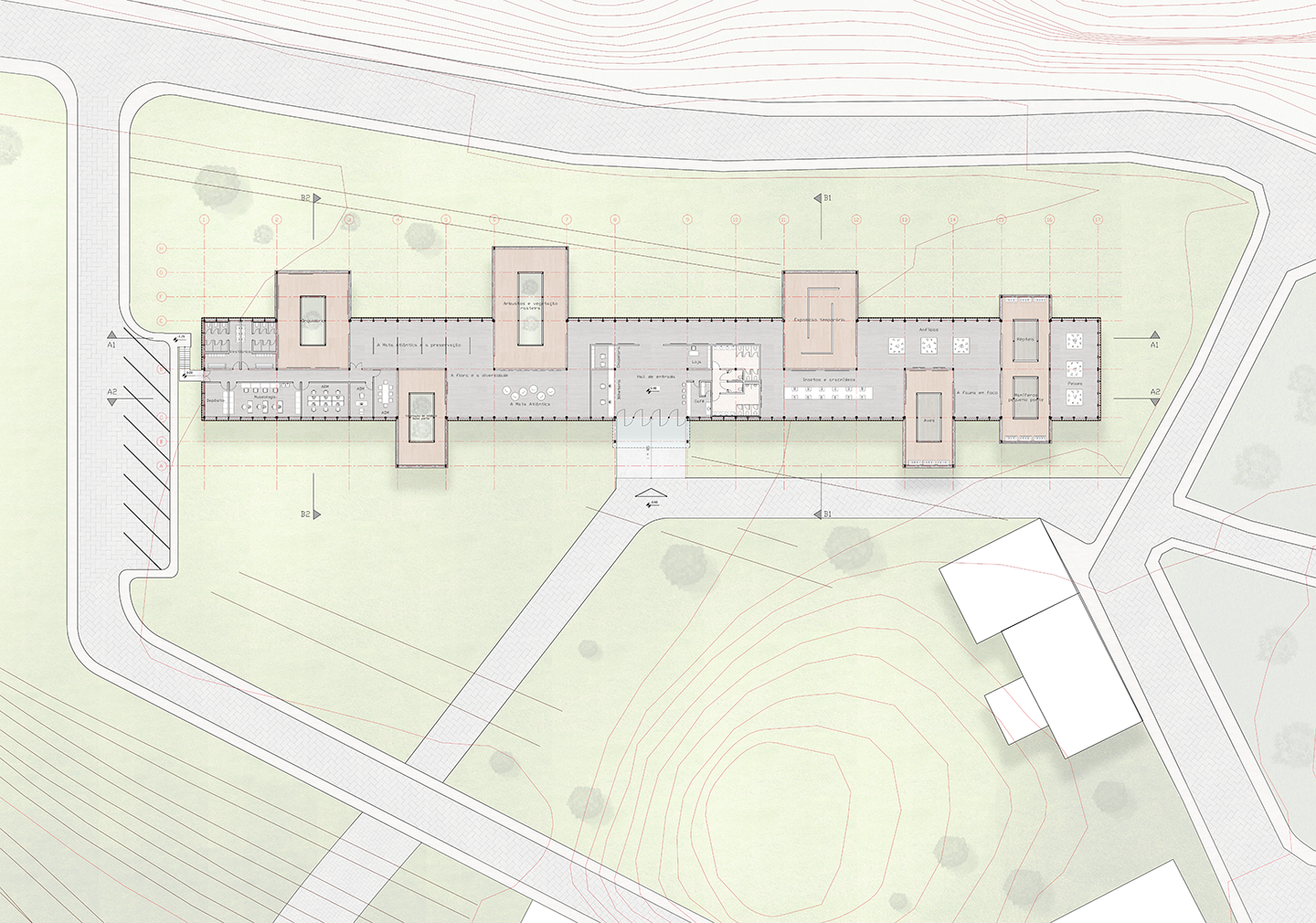
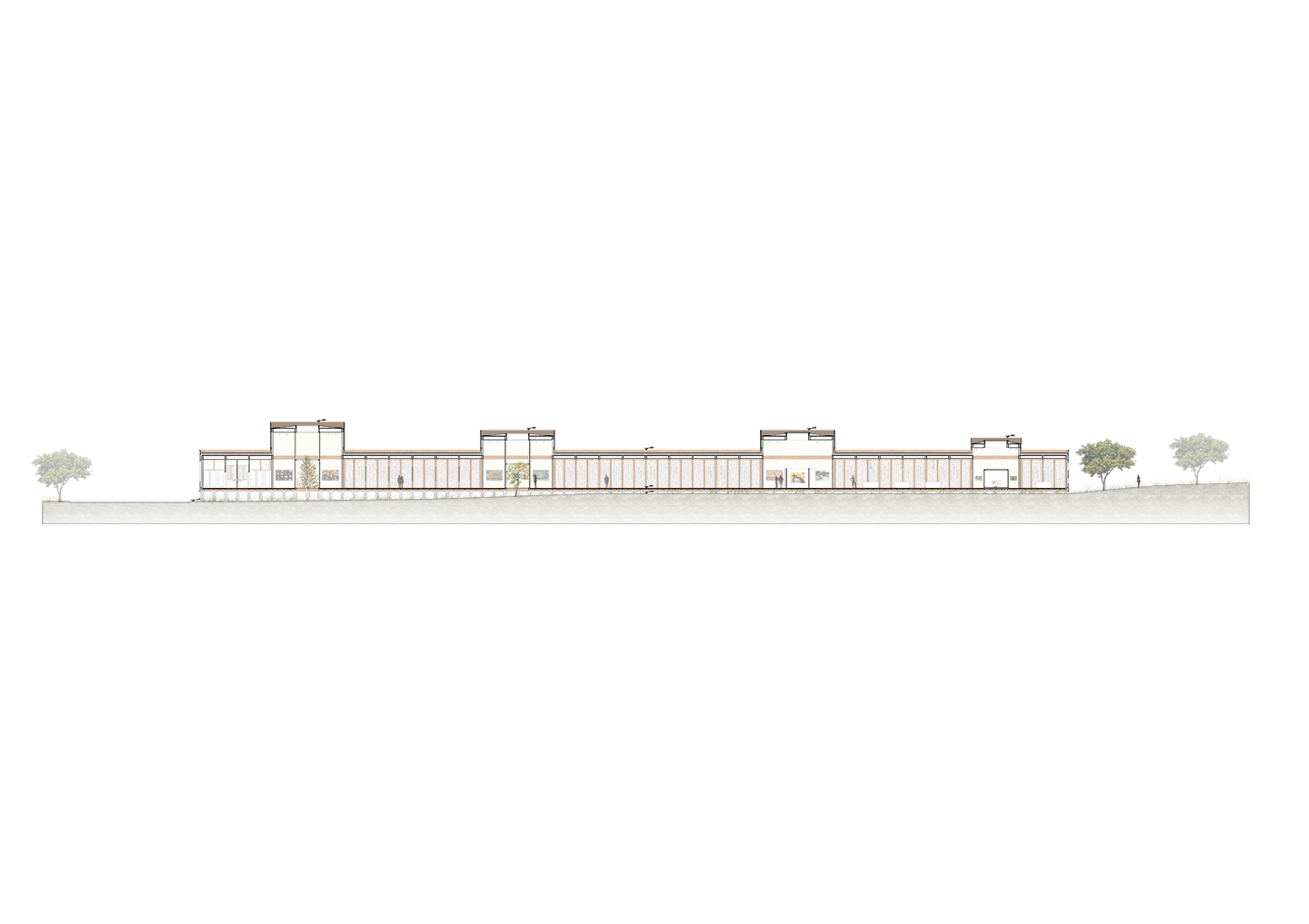
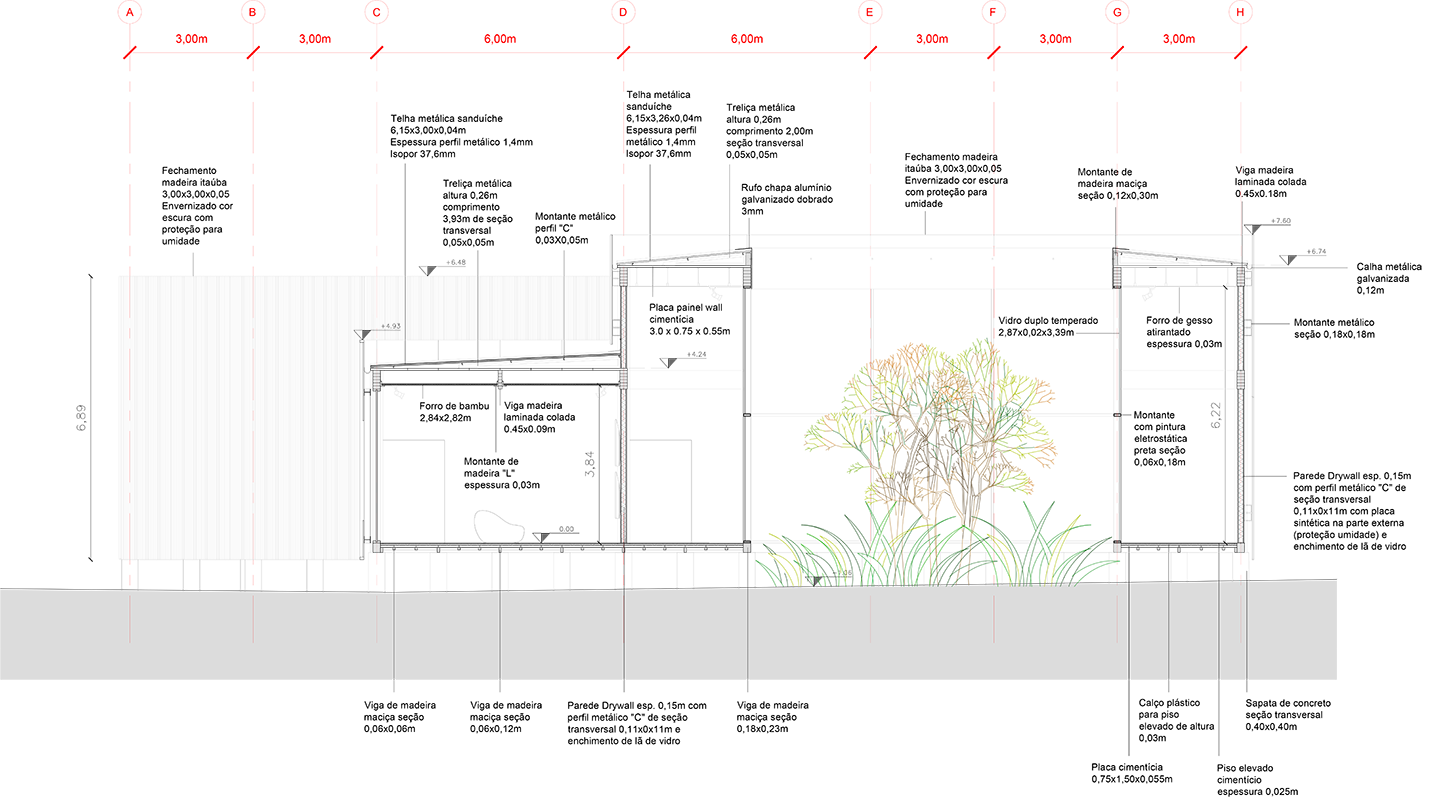
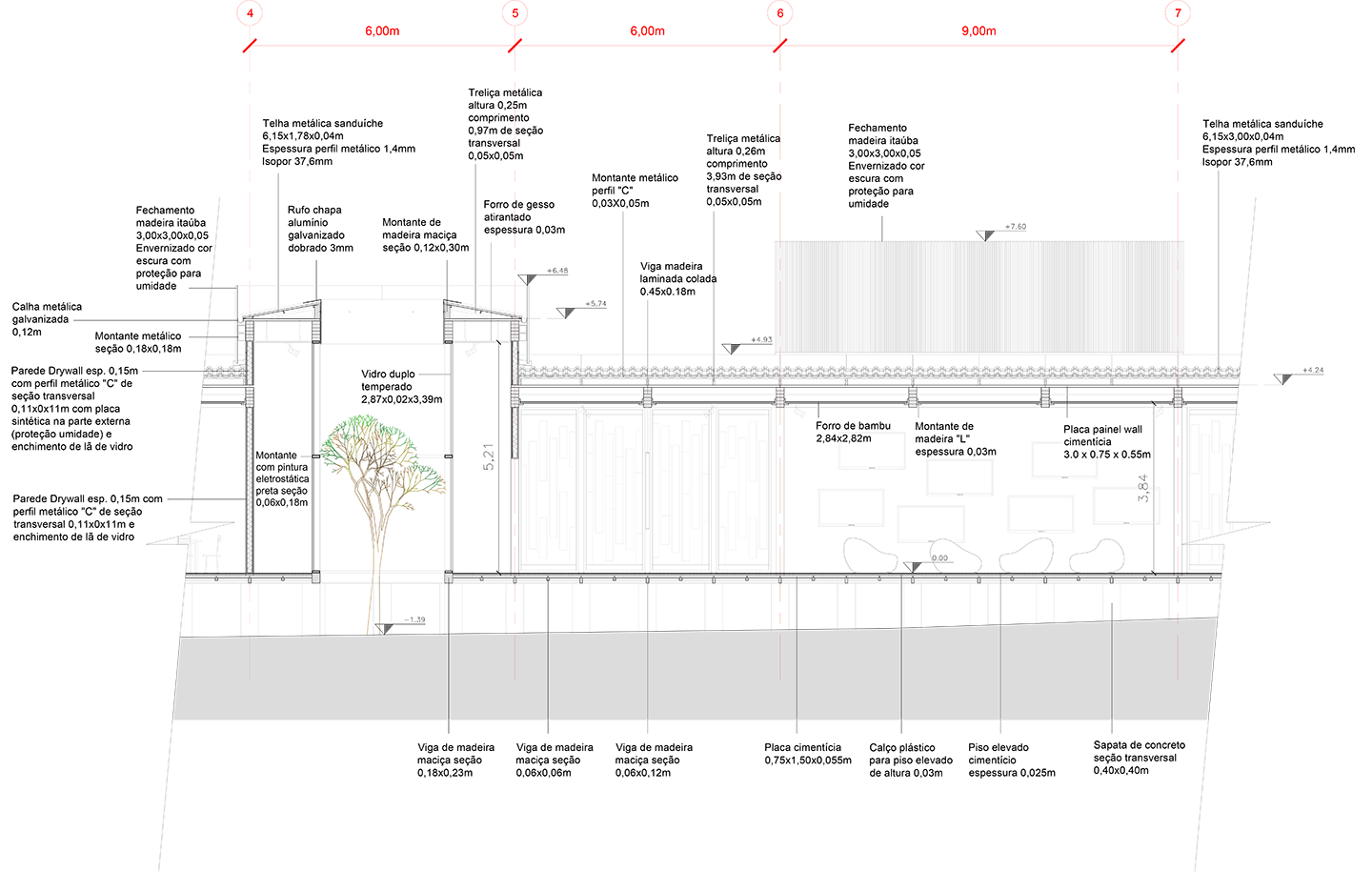
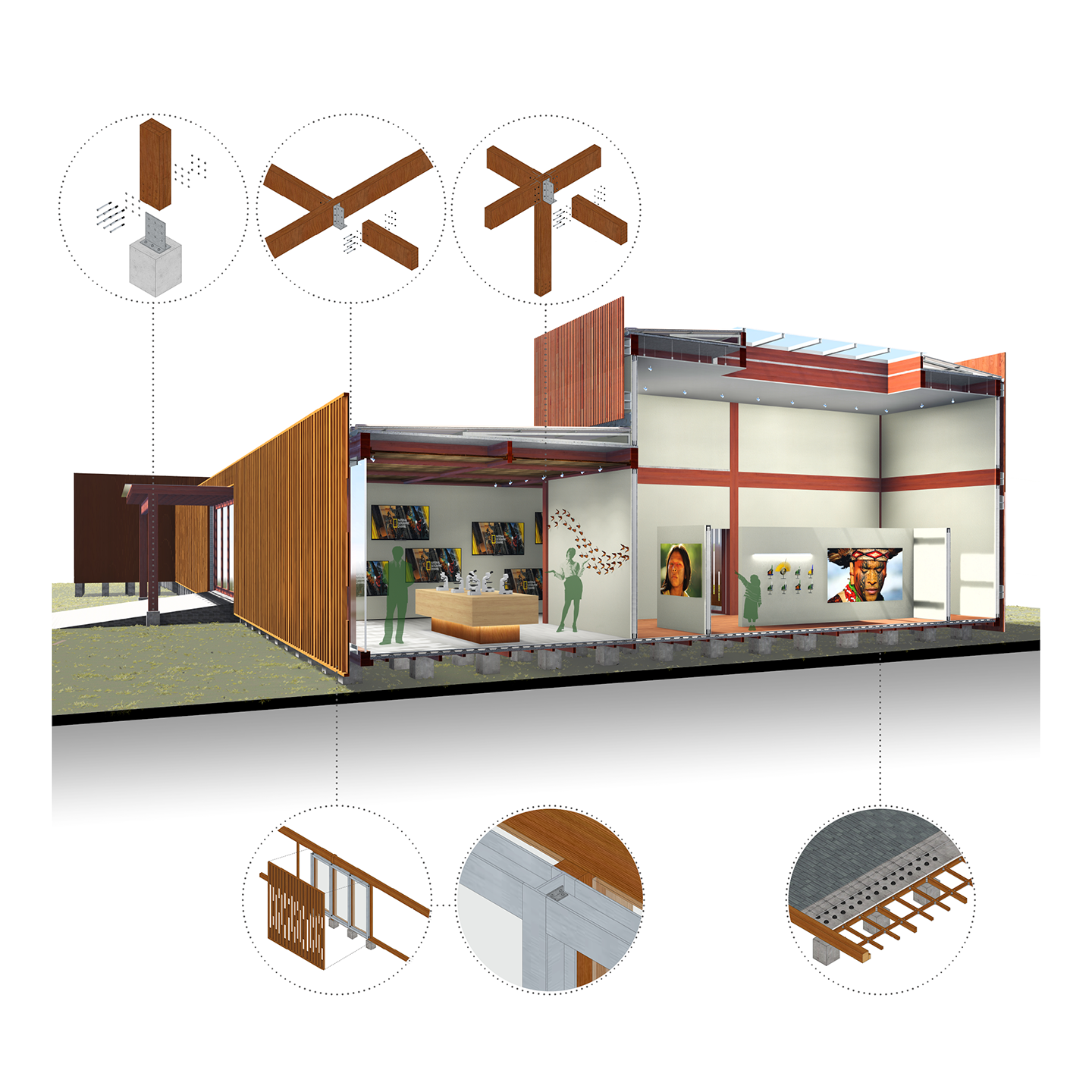
© Maria Luiza Torres, 2023.